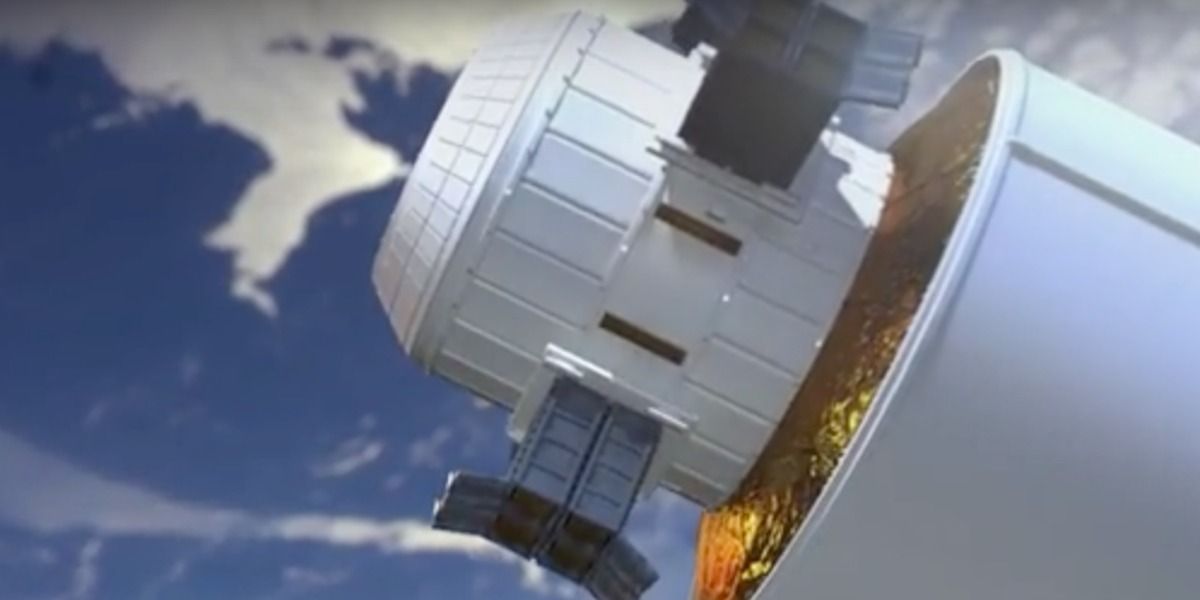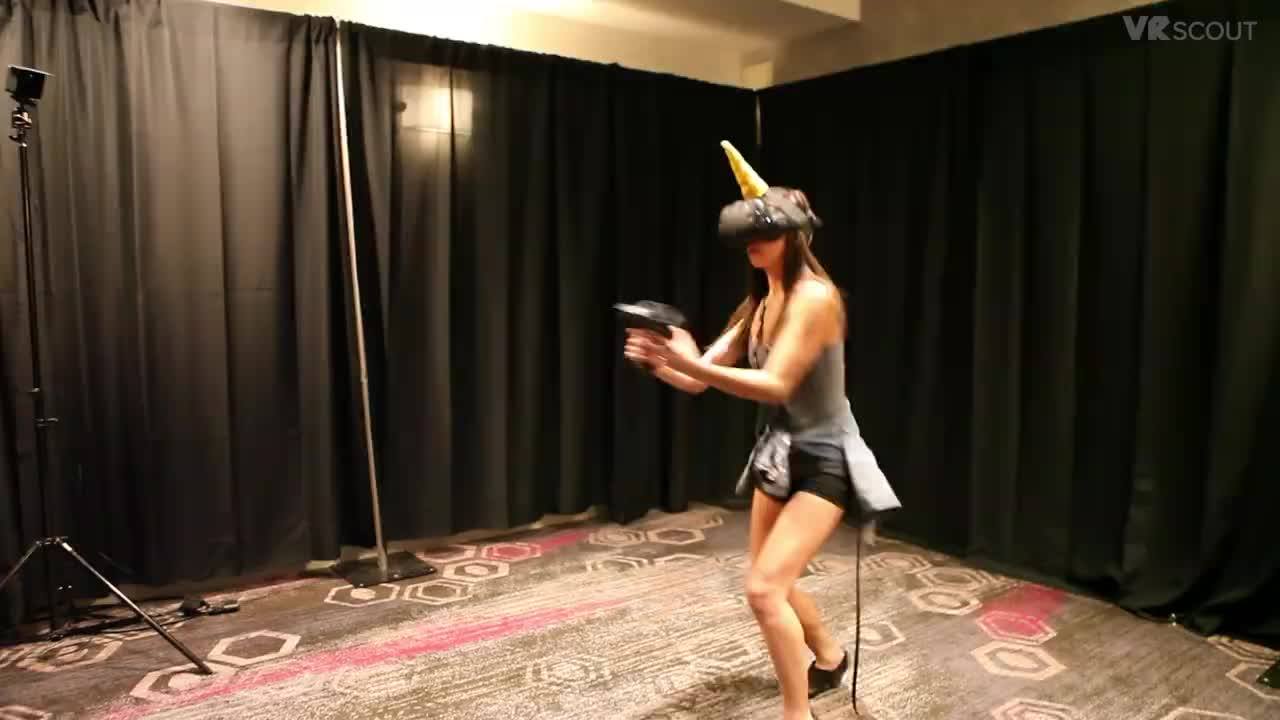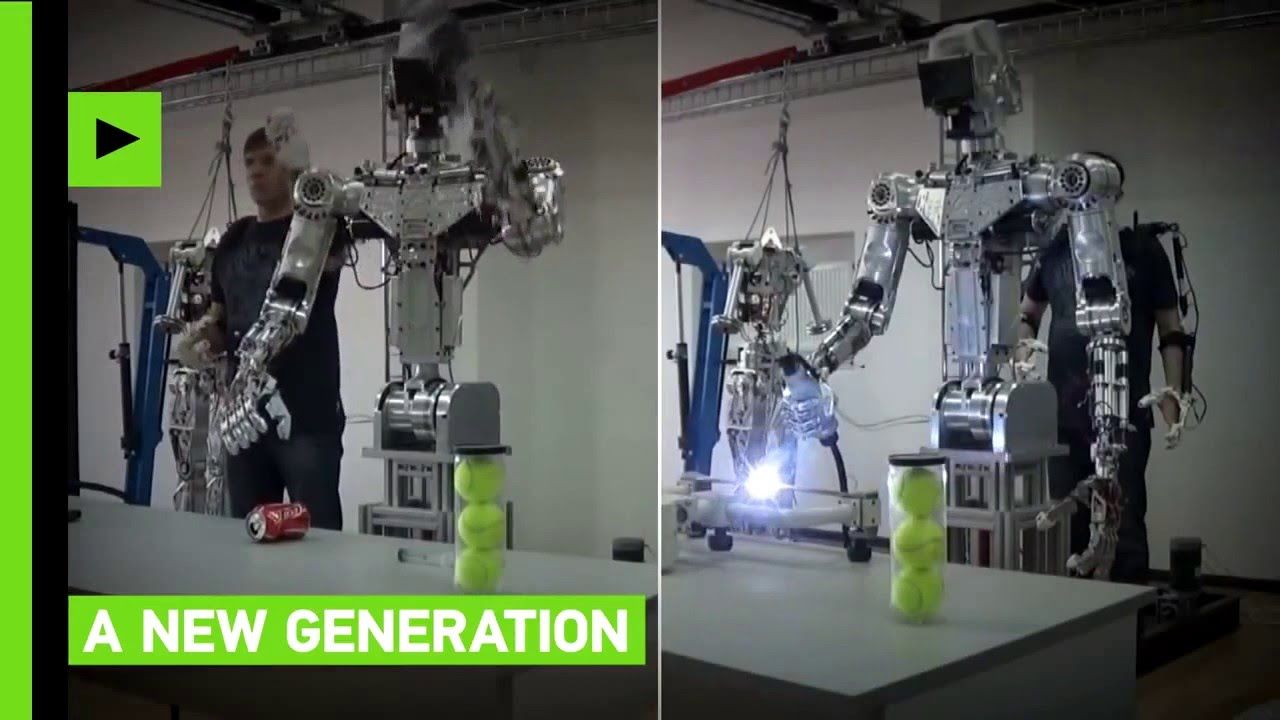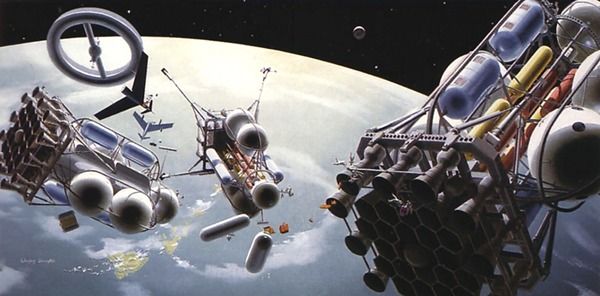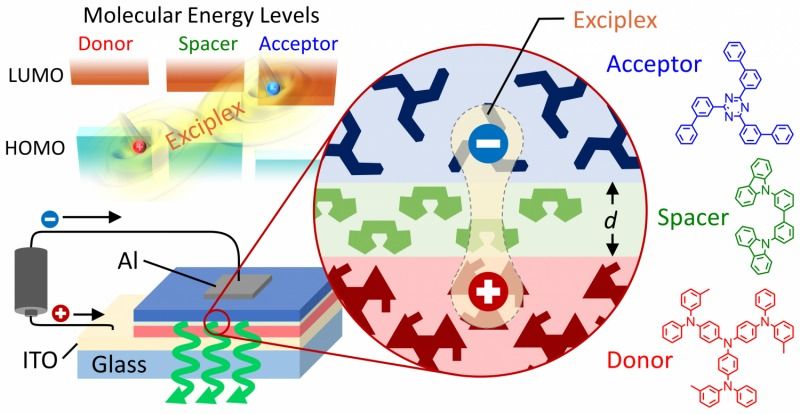Feb 26, 2016
Scientists happily surprised to find truffles free of Chernobyl radiation
Posted by Karen Hurst in categories: food, nuclear energy, particle physics
This will make friends Vladimir and Marina happy.
Mushrooms and game meat in European regions where Chernobyl fallout was most intense still have excess radiation, but Burgundy truffles get the green light; foodies rejoice.
It’s been 30 years since the 1986 nuclear disaster in Ukraine in which a fire and explosion at the Chernobyl Nuclear Power Plant unleashed a slew of radioactive particles into the atmosphere. Swept along by winds and settled by heavy rains, radioactive particles, especially caesium-137 (137Cs), polluted large stretches of the European continent. And we all know the problem with radioactive things, they’ve got lasting power.
Continue reading “Scientists happily surprised to find truffles free of Chernobyl radiation” »



